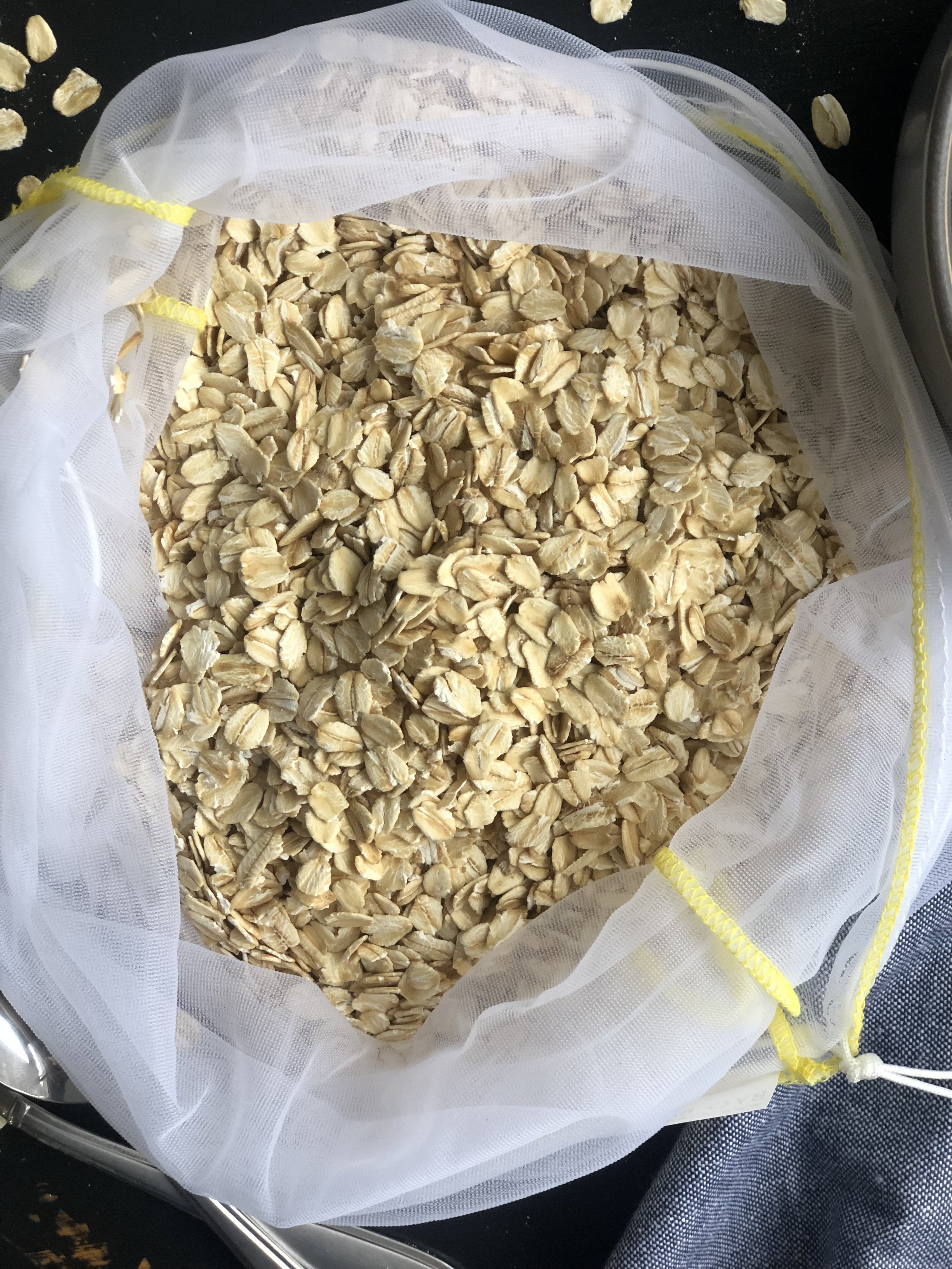Sustainable Grocery Shopping: Bulk Bins
Ah, the bulk bins. They’re a watering hole for suburbanites, kind of confusing for non-users and actually pretty sustainable. In this post, I’ll explain the ins and outs of this section of the grocery store.
But what’s a bulk bin?
Bulk bins allow shoppers to dispense foods for themselves rather than buying prepackaged foods. The foods available in bulk bins are usually things that won’t go bad quickly like grains, cereals, beans, nuts and some dried fruits.
Stores usually provide their own plastic bags for shoppers to fill at the bulk bins, but I’ve seen other places provide compostable bags and others that let shoppers bring their own reusable bags or jars.
“Bulk” does not mean that you have to buy the foods in bulk amounts. It simply means that the store orders and stores the foods in bulk containers. You can fill your bag or jar with as much or as little as you want.
How do bulk bins work?
Bulk bins can be kind of intimidating, but once you get the hang of it, they’re smooth sailin'. Here’s the process most stores use:
- Find the bulk food you want to buy.
- Pull the lever or use the scooper to fill your reusable or provided bag, taking as much or as little you like.
- Get a tag or sticker to label which food you took or which number bin it came from.
- Take your bags of goodies to the regular checkout, where the cashier will weigh them, calculate their price and charge you.
Bulk oats in my see-through reusable bag
Are bulk bins really better for the environment?
The thing that makes bulk bins more sustainable is their lack of product packaging. Rather than buying individually wrapped packages, stores buy these items in bulk containers, which have less surface area and therefore less packaging and waste than individually wrapped foods.
If you use single-use plastic bags at the bulk bins, this obviously won’t cut down your packaging waste too much. The trick to making bulk bins more eco is to either bring your own see-through reusable bags or reuse the plastic bags that the store provides.
Some stores will only allow you to use their bags and will kindly correct you if you bring your own. Thank them for letting you know what’s up, obvi, and then just use their plastic bags. Next time you shop there, just reuse those plastic bags rather than bringing your own reusable bags or taking more plastic bags.
Reusing the store’s plastic bags probs won’t get you a ton of mileage, but it will be much less harmful than only using them once, especially if you recycle them when they eventually do give out.
Packaging isn’t the only sustainability concern surrounding bulk bins. You also have to be conscious of what you buy. The thing that bothers me about the bulk bins is that it’s not always clear where the food was sourced or how it was produced. Without having a brand label, you can’t look up how that brand farms or what sustainability initiatives they might be taking.
For this reason, don’t be afraid to ask the store where they source their bulk bin items. You could also try to stick to foods that you know are grown locally because they are more likely to be sourced from nearby than foods that are more commonly grown abroad. This could cut down on GHG emissions from travel.



